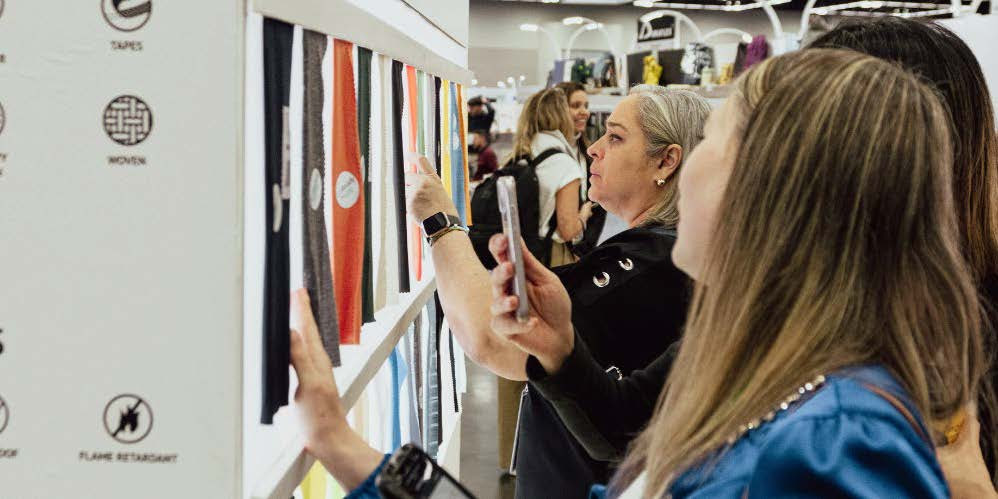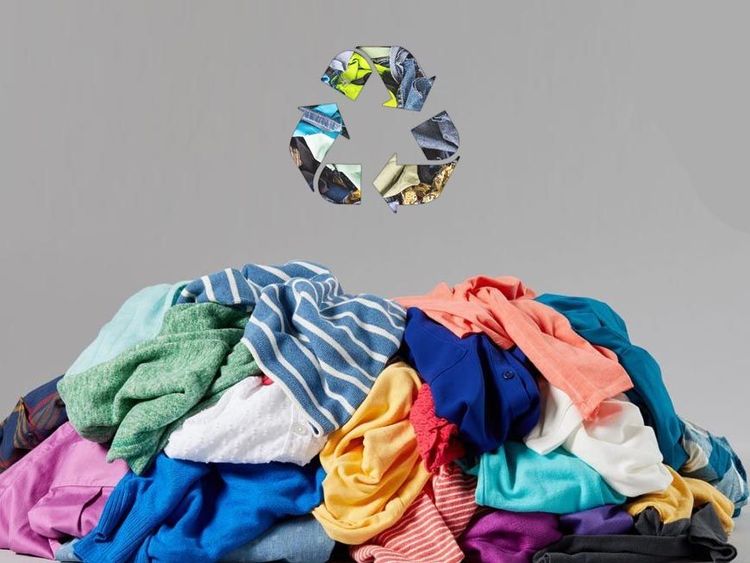
Bangladesh, renowned for its robust garment manufacturing sector, is undergoing a profound transformation towards sustainability. This evolution is underscored by the rapid proliferation of LEED (Leadership in Energy and Environmental Design) certified factories, marking a significant shift beyond sheer production volumes to environmentally responsible practices that resonate globally.
A global leader in green manufacturing
Bangladesh stands tall with the highest number of LEED-certified garment factories worldwide, a testament to its commitment to sustainable industrial growth. As of March 19, the country had 240 LEED-certified factories, including 98 Platinum and 128 Gold certifications. This leadership is further solidified by the presence of 66 factories among the world's top 100 LEED-certified garment facilities, according to the Bangladesh Garment Manufacturers and Exporters Association (BGMEA).
LEED certifications, categorized into Platinum, Gold, Silver, and Certified levels by the U.S. Green Building Council (USGBC), reflect varying degrees of sustainability achievements. Platinum denotes exemplary performance across all categories, followed by Gold, Silver, and Certified levels.
Bangladesh's success is highlighted by the significant number of Platinum and Gold certified garment factories. Specifically, the recent addition of Echotex Limited, Elite Garments Industries, and Euro Knit Spinn, all located in the Gazipur region, has increased the number of Platinum certified factories to 98 and the total number of LEED certified factories to 240. While precise global rankings fluctuate, Bangladesh consistently holds a dominant position in the number of LEED certified garment factories, particularly at the platinum and gold levels.
What makes a factory LEED certified?
Achieving LEED certification necessitates a holistic approach encompassing sustainable site selection, water and energy efficiency, superior indoor environmental quality, and innovation beyond standard practices. These criteria ensure reduced environmental impact and enhanced operational efficiency, reinforcing Bangladesh's stature in global sustainable manufacturing.
Impact of LEED certified factories
Beyond environmental benefits like reduced energy consumption and improved air quality, LEED certification yields substantial economic and social advantages. Lower operational costs, enhanced brand reputation, and improved worker conditions underscore the transformative impact of sustainable practices on Bangladesh's garment industry.
Export benefits of LEED certification
LEED certification has significantly boosted Bangladesh's export competitiveness by aligning with global sustainability trends. The preference for sustainable sourcing among international brands has positioned LEED-certified factories as preferred partners, attracting premium buyers and expanding market access.
For instance, Remi Holdings achieved LEED Platinum through initiatives such as rainwater harvesting and solar energy adoption, resulting in notable cost savings and increased international orders. Such successes illustrate the tangible benefits of sustainability in both economic and environmental terms.
According to the Bangladesh Garment Manufacturers and Exporters Association (BGMEA), the number of LEED certified garment factories in Bangladesh has increased dramatically in recent years. This growth is directly linked to the increasing demand for sustainable products from international buyers. A BGMEA 2023 report stated that "The increase of LEED certified factories has lead to a increase of 15 per cent in orders from European and North American buyers over a 3 year period."
Similarly, a study by the International Finance Corporation (IFC) showed factories that implement energy-efficient technologies can reduce their energy consumption by up to 30 per cent, leading to significant cost savings.
Future outlook
While Bangladesh leads in LEED certifications, challenges persist, including financing barriers and the need for broader sustainability awareness among smaller enterprises. However, ongoing innovation and investment in sustainable technologies promise a bright future, reinforcing Bangladesh's role as a global hub for green garment manufacturing.
Therefore, Bangladesh's journey towards sustainability through LEED certification not only enhances its global competitiveness but also sets a benchmark for ethical and environmentally conscious industrial practices. By continuing to embrace and innovate in sustainable manufacturing, Bangladesh not only secures its economic future but also contributes significantly to a greener global apparel industry.











